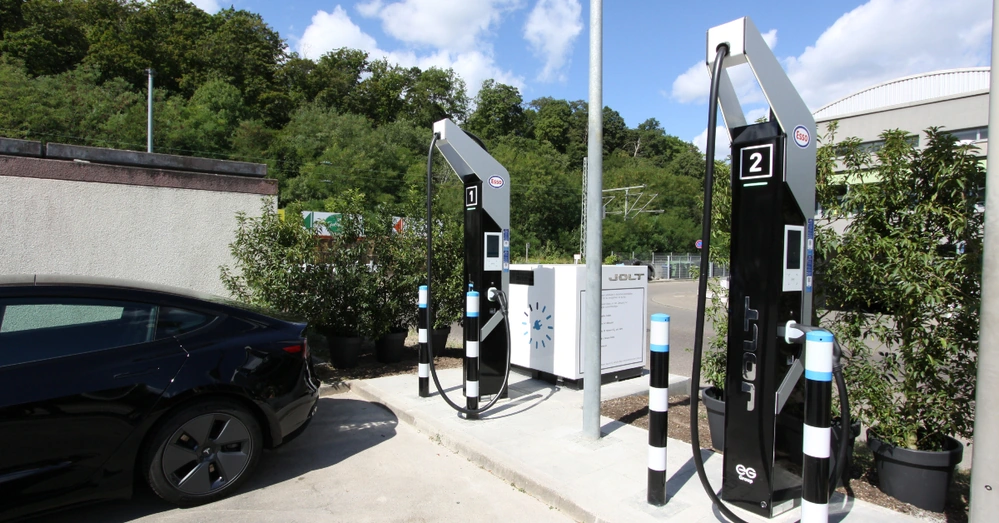Europe is making significant decisions to promote sustainable mobility, and businesses are adjusting to meet these objectives.
In the coming years, European Union member states have committed to achieving climate neutrality by 2050.
In line with this goal, the EU aims to reduce its net greenhouse gas emissions by at least 55% by 2030 compared to 1990 levels.
This ambitious target necessitates a substantial transformation in the transportation sector, aiming for a 90% reduction in CO2 emissions by 2050.
However, these goals may undergo short-term modifications.
Recently, the European Parliament has taken a significant step towards a greener future with the introduction of Euro 7.
MEPs have adopted a negotiating position on the revision of EU rules for the approval and market surveillance of motor vehicles.
In pursuit of meeting these objectives and progressing towards more sustainable mobility, various stakeholders in the sector are sharing their expectations regarding the support measures they hope to receive from local governments with Mobility Portal Europe.
M3E, a company specializing in comprehensive eMobility solutions and services, asserts that “strategically directing financing will become increasingly important.”
This is particularly relevant where much work remains, such as achieving complete coverage of charging infrastructure, especially in rural areas.
They project that in the next 10 years, when the majority of the fleet is electric, specific programs focused on recycling and replacing batteries will be implemented.
This is with the aim of ensuring the efficiency and extended usefulness of vehicles and resources, “from both economic and ecological perspectives.”
And that funding is always available for additional research and development.
Additionally, it is crucial that funding is always available for additional research and development.
Currently, Germany has 91,149 charging points for eVehicles. The goal for 2030 is to reach one million.
The federal government is committed to providing a complete and easily accessible charging infrastructure.
Therefore, since 2021, the German Federal Ministry of Transport (BMVI) has allocated a total of 500 million euros until the end of 2025 to improve public access charging infrastructures.
Funds have also been allocated to promote private charging options.
In this context, the BMVI has announced two programs for this year, funded through the Climate and Transformation Fund, with a total investment of 900 million euros.
However, for some stakeholders in the sector, these aids are insufficient.
From JOLT Energy, the pioneering operator of charging points, confirm to Mobility Portal Europe:
“The German government has initiated a funding program for charging infrastructure in commercial locations, but this is proving to be a limited resource.”
The company hopes that more funds will be allocated to these initiatives and that more substantial funding will be directed towards partnerships between companies and CPOs, “specifically for charging infrastructure on private but publicly accessible grounds.”
This is crucial, primarily for municipal strategies promoting eVehicles, addressing the limitations of urban space.

It’s not just about offering incentives but clearing the way for fast charging by removing bureaucratic obstacles.
“Because these represent the bottleneck for a rapid expansion of fast charging in cities,” it indicates.
In the interview, JOLT Energy has revealed that their experience with grid connections “has been unfortunate.”
The problem has been facing excessively long wait times, of eight months or more.
According to the company, this delay “constitutes a significant obstacle to the rapid development of infrastructure.”
What about the transition from diesel vehicles to zero emissions?
In countries like the Netherlands, the Climate Agreement stipulates that their buses must reduce CO2 emissions by 49% by 2030 and achieve 95% by 2050.
In this context, the Dutch government offers various subsidies.

The Specific Grant for Zero Emission Buses (SpUk-ZEbus) aims to mitigate the difference between the acquisition costs of zero-emission buses and conventional diesel buses.
The funding for this grant amounts to 40 million euros, and the deadline to apply is Friday, December 29, 2023.
From EBUSCO, a company specialized in the development, production, and marketing of fully electric urban and regional buses, they point out:
“European tenders for public transport must increasingly consider not only the initial cost of eBuses but also factors such as energy consumption and the vehicle’s lifespan.”
This shift in focus encourages the selection of eBuses that are not only environmentally friendly but also economically efficient throughout their lifecycle.
It also promotes the reduction of resource use by choosing durable and energy-efficient buses.






